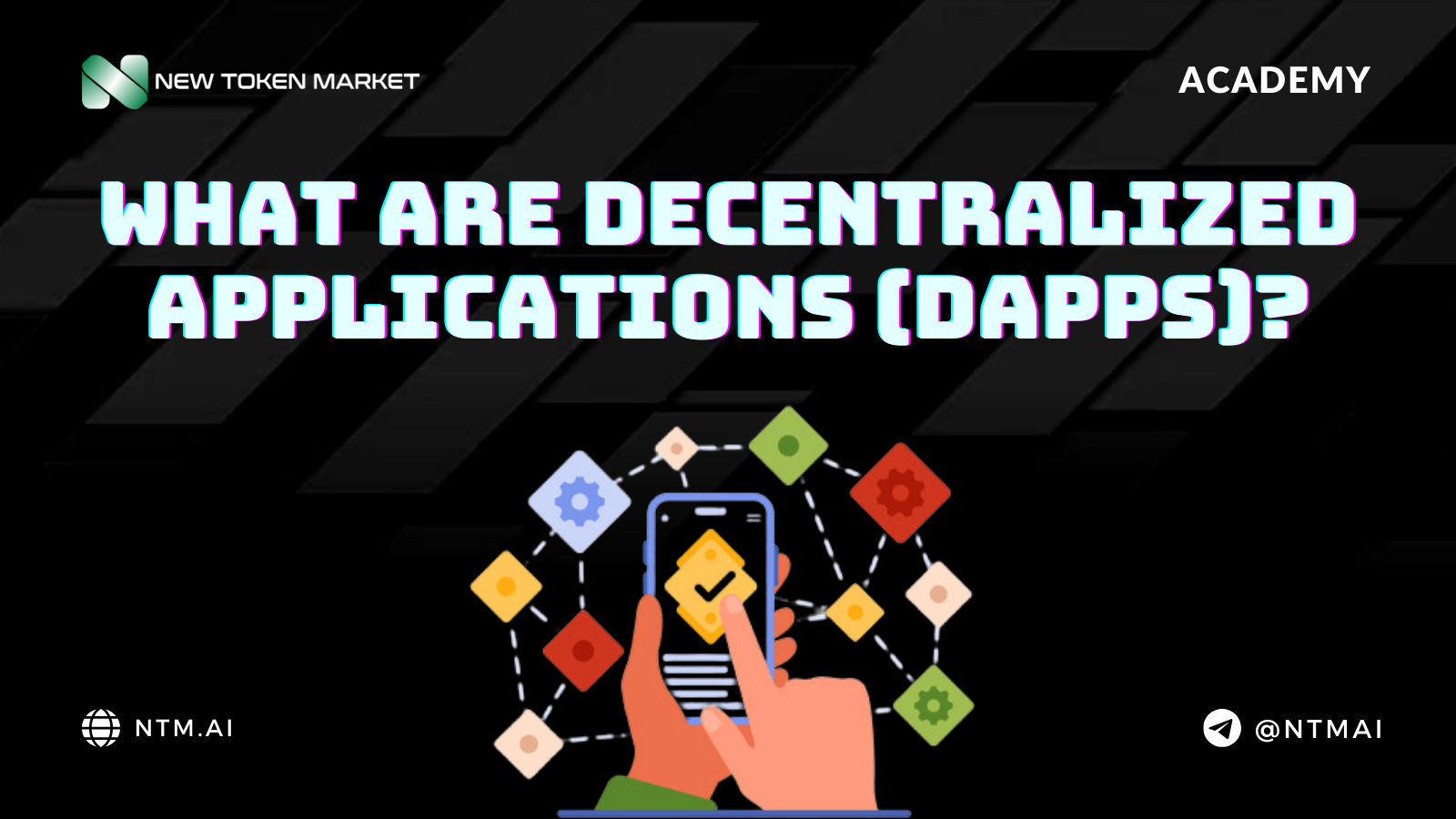
What Are Decentralized Applications (DApps)?
Decentralized applications, commonly known as DApps, represent a significant shift in how software is developed and operated. Built on blockchain technology, DApps provide a more secure, transparent, and user-centric alternative to traditional applications. In this article, we will explore what DApps are, their key features, and the advantages they offer to users and developers alike.
What Are DApps?
DApps are applications that run on a decentralized network, rather than being hosted on a single server or controlled by a single entity. They leverage blockchain technology to enable peer-to-peer interactions without the need for intermediaries. This decentralization enhances security and transparency, making DApps an appealing choice for various use cases.
Key Features of DApps:
-
Decentralization: DApps operate on a decentralized network, typically built on blockchain platforms such as Ethereum, Binance Smart Chain, or Solana. This eliminates the risks associated with a single point of failure.
-
Open Source: Most DApps are open-source, meaning their source code is accessible to anyone. This encourages collaboration and allows developers to build upon existing projects.
-
Smart Contracts: DApps utilize smart contracts, which are self-executing contracts with the terms directly written into code. Smart contracts automate processes, ensuring trust and reducing the need for intermediaries.
-
Token-Based Economy: Many DApps operate with their native tokens, allowing users to participate in governance, earn rewards, or access premium features within the application.
Advantages of DApps
DApps offer several advantages over traditional applications, including:
-
Increased Security: The decentralized nature of DApps makes them less susceptible to hacks and data breaches, as there is no central database to target.
-
Enhanced Transparency: Transactions and interactions within DApps are recorded on the blockchain, providing a transparent and immutable ledger that users can verify.
-
User Control: DApps give users more control over their data and digital assets, as they are not reliant on a central authority to manage their information.
-
Global Accessibility: DApps can be accessed by anyone with an internet connection, making them available to users worldwide, regardless of geographical barriers.
Use Cases for DApps
DApps can be found in various sectors, including:
-
Finance (DeFi): Decentralized finance applications allow users to lend, borrow, and trade cryptocurrencies without intermediaries.
-
Gaming: DApps in gaming enable players to truly own their in-game assets and participate in play-to-earn models.
-
Supply Chain: DApps can enhance transparency and traceability in supply chains, ensuring that products are sourced and delivered ethically.
-
Social Media: Decentralized social media platforms give users control over their content and data, reducing censorship and increasing privacy.
Conclusion
Decentralized applications (DApps) represent a transformative approach to software development and usage, offering enhanced security, transparency, and user control. As blockchain technology continues to evolve, the potential for DApps to reshape various industries is immense. Understanding what DApps are and their benefits is essential for anyone looking to explore the future of decentralized technology.
